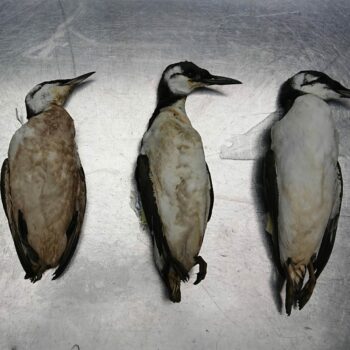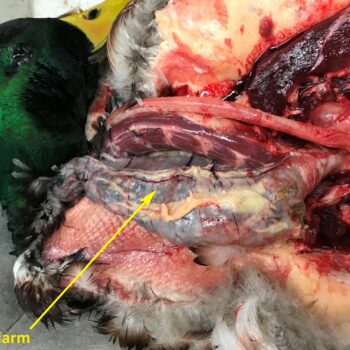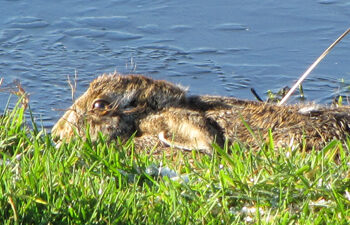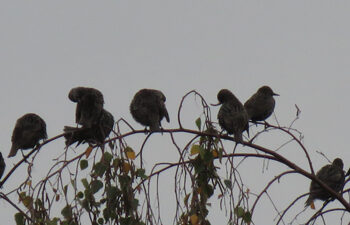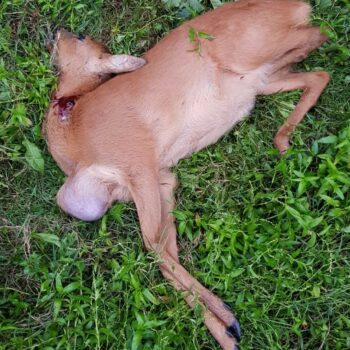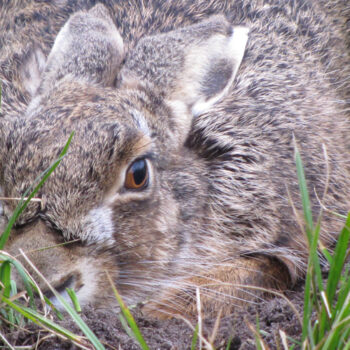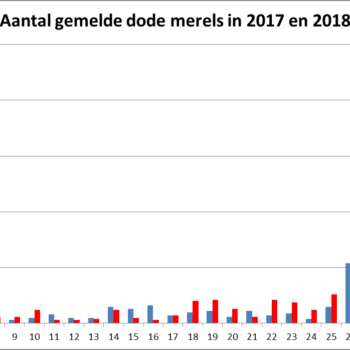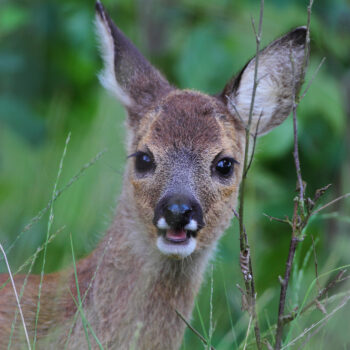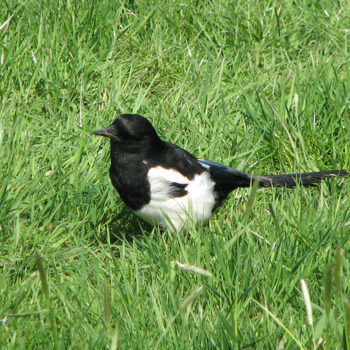White stork suffering from avian-tuberculosis
Background information
At the end of January 2019, a crouching white stork was found, lying on the grounds of a farm in the province of Utrecht. The bird was very calm and could easily be approached. The weakened animal was placed in the scullery to recover. Although after a while the white stork seemed to get
Read more




